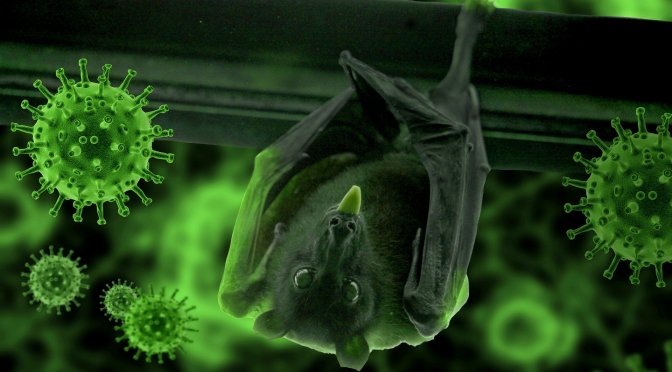The COVID-19 pandemic spread first to the Western Balkans region in early March, and then to Montenegro. In the age of social media, it has been followed by an infodemic exemplified by the circulation of false information, panic and fear.
So far, the most influential Montenegrin media outlets have largely played their social role responsibly. They kept to official information, and refrained from publishing rumors, assumptions and unverified information. Some widely read news portals have also decided to introduce the unpopular but necessary measure of discontinuing real-time commenting, thus helping to limit the spread of various negative influences.
However, at the right-wing, tabloid-style corner of the media landscape, the usual misinformation campaigners have repackaged the already known anti-democratic and anti-Western narratives, adapting them to the situation caused by the 2019 coronavirus.
Moreover, a number of social media users have contributed to the spread of fake news, discrimination and stigma. Some did so out of ignorance, thus becoming heedless proliferators of misinformation. However, there are also those who have consciously promoted theories that contradict scientific and expert conclusions, and advocated discriminatory practices.
Below we provide the most important conclusions about the harmful narratives and misinformation, prepared by the CDT team based on the monitoring conducted through the Raskrinkavanje.me project. These conclusions refer to the occurrences documented in the period from March 10 to 25.
The COVID-19 infodemic began in Montenegro with myths about the transmission of the disease, and inaccurate tips for its prevention and treatment. The most alarming imported narrative was that coronavirus is not dangerous. Next, misinformation was spread about an alleged cover-up of the true number of the infected.
The coronavirus pandemic presented many regional media with an occasion to spread racist stereotypes, and after the escalation of the epidemic in Tuzi and Montenegro, the Internet fascists hiding behind false names and the satirist shield spread dangerous and, hopefully, prosecutable narratives about Albanian people.
The Government of Montenegro started to publish data on the persons in mandatory self-isolation, which we assessed as a bad decision that put the wind in the sails of the “online militia”, who started stigmatizing citizens and analyzing their private lives. It even gave rise to an application that aims to map the locations of those who are in self-isolation.
The Serbian Orthodox Church suspended its street processions, offered help and accepted the Government measures, even though some of its representatives had a different understanding of the situation. They promoted dangerous theories about communion spoons being resistant to the coronavirus and the prophylactic effect of church bells, held religious gatherings, and, in some cases, even crossed the border illegally. Therefore, the Serbian Orthodox Church circulated two often contradictory narratives.
The infodemic is also characterized by a forceful anti-EU narrative that escalated in the region after Serbian President Aleksandar VuÄić’s statement on the absence of European solidarity. The main proposition of this narrative is that the EU has left the Western Balkans in the lurch. Its circulation has been continued through false stories about the EU banning exports of medical equipment.
There are also the expected anti-NATO narratives that accompany the anniversaries of the intervention in the FRY. Stories of criminals, Hitlerites and murderers, backed up by the customary false numbers and statements, are living their usual spring of grace in the Balkans. This time, though, they are reinforced by conspiracy theories related to a military exercise planned for this spring and postponed due to the pandemic, as well as by the narrative that Montenegro “imprisoned” Russian tourists and prevented them from returning to their country.
Raskrinkavanje.me will continue to monitor and publish conclusions about such occurrences in the coming period. We urge the prosecution to address these issues in more detail, and to verify if some of the news items mentioned contain elements of a criminal offence. Finally, we urge all citizens to exercise caution, read judiciously, filter information, and use reliable sources.



